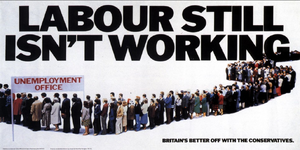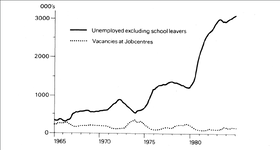Merrykoala
Well-known member
Was the situation with the Trade unions really that bad that we had to vote Thatcher in to gut industry to temper them?
I was born in 78 and my parents were very young so their anecdotes are a bit limited, I know the stories about the 3 day week and bins not being emptied etc but was wondering what the take was from people who worked in these industries when the unions were supposedly "running rampant and drunk on power" as some claim.
I just can't believe that it was so bad that we had to vote in such a wrecking ball.
I was born in 78 and my parents were very young so their anecdotes are a bit limited, I know the stories about the 3 day week and bins not being emptied etc but was wondering what the take was from people who worked in these industries when the unions were supposedly "running rampant and drunk on power" as some claim.
I just can't believe that it was so bad that we had to vote in such a wrecking ball.



